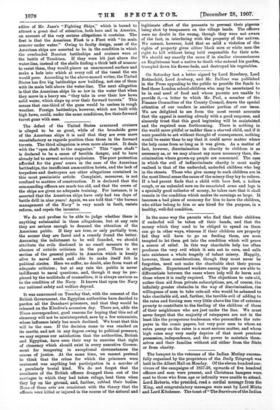In the same way the parents who find that their
children if underfed will be taken off their hands, and that the money which they used to be obliged to spend on them can go in other ways, whereas if their children are properly fed they will have to go on feeding them, are soon tempted to let them get into the condition which will prove a source of relief. In this way charitable help too often produces the very evil which it sets out to cure, and calls into existence a whole tragedy of infant misery. Happily, however, these considerations, though they must never be forgotten, need not make the charitable shut their purses altogether. Experienced workers among the poor are able to differentiate between the cases where help will do harm and those where it is really required. The objections to rate-aid, rather than aid from private subscriptions, are, of course, the infinitely greater obstacles in the way of discrimination, the willingness of men to take rate-aid who would be ashamed to take charitable aid, and, further, the terrible evil of adding to the rates and forcing men very little above the line of extreme poverty to contribute to the feeding of the children of those of their neighbours who are just under the line. We must never forget that the majority of ratepayers are not in the least like the prosperous tradesman who personifies the rate- payer in the comic papers, but very poor men to whom an extra penny on the rates is a most serious matter, and whom high rates may very easily deprive of that most precious possession, independence, and the power to maintain them- selves and their families without aid either from the State or from charity.


































 Previous page
Previous page